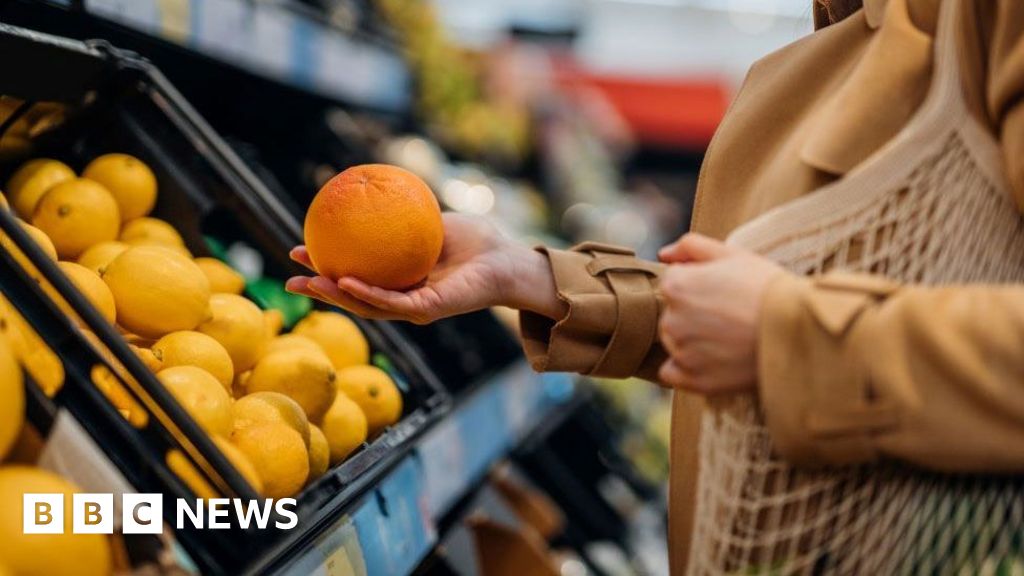- cross-posted to:
- [email protected]
- [email protected]
- cross-posted to:
- [email protected]
- [email protected]
Late last year, Emily Johnson took to Reddit to share her frustration with how expensive food in Canada has become.
She fixated on one grocer in particular: Loblaw, the dominant food retailer in Canada, boasting nearly 2,500 stores.
Her Reddit group - named LoblawsIsOutofControl - was filled with photos of grocery items for sale at seemingly egregious prices, like C$40 ($29.36; £23.06) for 1.4 kilograms of chicken.
Soon after, Ms Johnson and others banded together to launch a nation-wide boycott against Loblaw, saying they were fed up with the disparity between rising food prices and record profits.



No one has explained to me yet how a Loblaws boycott helps stop Sobeys and Pattinson from doing the same thing.
One person claimed it would be rolling boycotts, but I haven’t heard peep about boycotting the others.
Loblaws owns a lot of other brands and are quite dominent, if you can get them to drop prices then Sobeys will have to follow suit. Rolling boycott doesn’t do much because if you boucott Sobeys in the next month people will shop back at Loblaws, best plan is introducing Canadians to the true independent local grocer/bakery/butcher during the boycott and continuing to shop there. Another issue is Loblaws owns a commercial property landlord type company and 65% of their tennancy is Loblaws stores; which has anticompetitive clauses that disallow smaller grocers to move into land rental agreements where Loblaws doesn’t want competition.